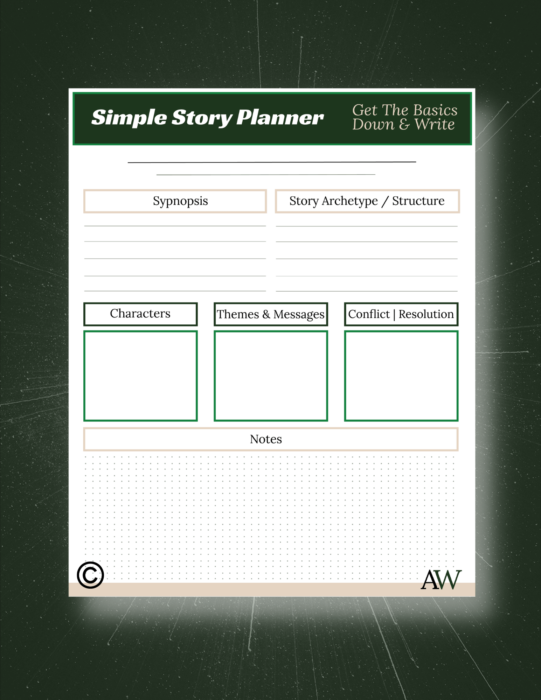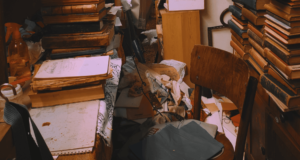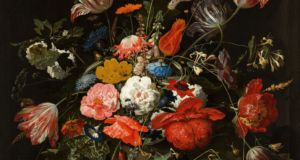Before Your Pick Your Genre
I used to think that figuring out a genre to write in was paramount. As if picking a genre to write in was some graduating step I had to take early in my writing career. But it wasn’t it turns out that picking a genre is not a necessary step per se but more so a very helpful one, that most often happens naturally. Ending up in a genre is exciting and inevitable for almost every writer. But that step does not have to be an urgent one. In fact, committing to a genre too early could be a drawback.
Writers need time to test and stretch their creative skills and committing to a genre too early or for no reason could be limiting: restricting your stories to certain genre rules, structures, cliches, etc.
This is not to say that you can’t test genres out and such. But give your writing and creative mind a little room to explore and develop a bit of authenticity before you commit to a genre or two.
And again, picking a genre is inevitable and helpful. Choosing a genre at the right time in your career should only amplify your career, creativity, and skills.
So when should you pick a genre to write in?
Around the time that you are sure about a story you have to tell, what you want to write about, or a theme and message that you want to communicate, picking a genre is opportune. Mainly because this genre (or form) is going to be the vehicle through which you tell your story. And you should want the delivery to complement the package.
Picking A Genre To Write In
Okay, so you’re ready to pick a genre. How do you go about it? Like how do you settle on one or two genres that fit your style of writing and will help deliver your message?
Every writer’s journey is different but when picking a genre a lot of our concerns are the same. And the main one is wanting a genre that fits.
While I can’t prescribe you a genre, I do have two key considerations to help you pick that genre that fits.
#1 What do you write naturally?
The very first thing to consider is how you naturally: How do you end up writing no matter the prompt or story? What kind of work do you always end up producing no matter the influence?
9 times out of 10 writers are already inching towards writing in a genre, if they are not already fully writing according to a genre’s writing style.
The more we keep writing and developing our stories, the more we lean into writing by preference. Because as we get better at writing we learn how to make our stories just as we envision them.
And that’s what we need to look for, a genre that aligns with what we want to do with our stories, what we’re already doing with our stories.
Re-read your work and see how you’ve habitually developed your stories to find the genre that is already what you’re writing: The genre that’ll help you accomplish what you want.
#2 What is Your Message & How Should It be Delivered?
The second thing is sort of a double consideration. Consider what your message is (what you want to communicate to your audience). Then consider how that message is or should be best delivered.
I think this consideration is the basis of what it means to write in a genre.
What does it mean to write in a genre?
Writing in a genre simply means that a story is written in a certain style: according to particular genre rules that structure and frame stories. Each genre has its own set of cliches, nuances, and even its own unique character types.
Genre is a sort of vehicle or packaging which your story is delivered through. So if you know your message, the next step is to consider genres that will best deliver that.
For example, if your message is centered around how socially awkward people navigate new places you’ll want to pick a very protagonist-heavy genre. Like biographical fiction, where the story literally and closely revolves around the protagonist. Or a genre like adventure where the protagonist can go on a journey that confronts his complex inner conflict through outer conflict.
Really think about what your message needs. Does it need lots of imaginative elements to metaphorize deep themes? Or does it need to be a clear-cut narrative to take readers through a journey that’ll point them to the big picture?
What does your message need to be properly and best delivered?
17 Genres To Consider Writing In
If you haven’t picked your genre yet here are a few to consider writing in…
Fiction
- Science-Fiction
- Biographical Fiction
- Mystery
- Crime
- Romance
- Thriller
- Fantasy
- Historical Fiction
- Realistic Fiction
- Comedy
Non-Fiction
- Biography
- Auto-Biography
- Narrative
- Memoirs
- Self-Help
- History
- Essay
After You Pick A Genre
But you’re not done. After you’ve picked a genre there is still lots of work to be done.
To get good at writing in a genre…
- Learn about the genre – The goal is to know the genre like you know the back of your hand so that you can be an expert at writing in this genre (or close to it ). The better you know the genre, the better you’ll know how to make the genre work with your stories and messages. Literary magazines, guides, blogs, and books are some places you can find information about your genre
- Read The Genre: Reading the genre will help you get familiar with genres and experience how stories are practically written according to genre rules. Compared to studying from a guide, reading great example stories can help you gain a knack for how a genre works.
- Practice the genre – most importantly you need to practice the genre. Other than in your developing stores, try the genre out in your writing groups or with writing prompts. Experiment with the genre in any way you can to really build muscle for your genre.
On Choosing
The thing is choosing a genre is semi-important and will happen anyway. Even if you pick multiple genres, don’t limit yourself by committing to one too early. And when you do get to the point where you’re ready to pick a genre to write in, don’t forget my two considerations:
- What you write naturally
- How your stories are best delivered?
Other Things
Okay-exciting news!!!! I have updated and officially released my first product. From me to you I present the new and improved simple story planner.

Free Simple Story Planner
Plan out the very basics of your story with this free simple story planner so that you can focus on writing.
As you know I am a planster, right in between a plotter and a pantser, even though I often lean a bit more toward being a plotter. Sometimes I just need to get story ideas out and on paper. Especially if the story idea is fresh.
And that is what this simple planner is all about. Getting the most basic yet crucial elements of your story figured out so that you can focus on the writing. Like building a foundation, figure the important stuff out first and then build the story of your dreams.
The downloadable product is free and is made to help you solidify those really basic but important story elements needed to write your story.
You can print it, download it, use it as a digital planner and definitely download it again. I’m so excited about it and can’t wait to show you how I use it.
Don’t just be a good writer, be a great one
Until my next words (on here that is)
Christa








